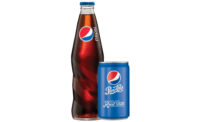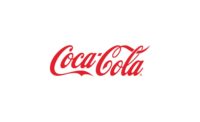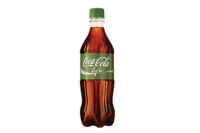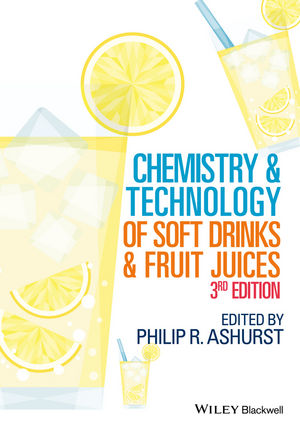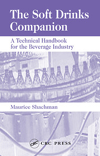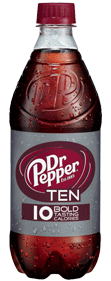
|
Soft drink companies approached the category this year by addressing consumers’ desires for natural products as well as introducing new packaging and marketing campaigns.
The Coca-Cola Co., Atlanta, reported that volume for sparkling beverages in North America grew 3 percent excluding new cross-licensed brands, primarily Dr Pepper, in the first quarter of 2011. The company grew sparkling beverage volume share in the quarter and maintained value share, it said in its “First Quarter 2011 Results” report. Coca-Cola Zero delivered double-digit volume growth for the 20th consecutive quarter, the company says. Sprite growth continued for the fourth consecutive quarter, up 2 percent, and Fanta was up 5 percent, which is its third consecutive quarter of growth. Seagram’s grew more than 30 percent driven by expanded availability and additional media support, The Coca-Cola Co. stated.
PepsiCo stated in its first quarter 2011 PepsiCo Earnings webcast that it has stepped up investments in North American beverages, in particular its flagship Pepsi trademark. The company locked an exclusive partnership with “The X-Factor,” a reality TV singing competition debuting on Fox Broadcasting Co. later this year. During the first quarter, the company also advertised Pepsi Max during the Super Bowl, which it had not done the year before.
PepsiCo also addressed the natural market with the reformulation of Sierra Mist to Sierra Mist Natural. The variety is made with five natural ingredients, carbonated water, sugar, citric acid, natural flavor and potassium citrate. The company also extended the availability of its Pepsi Throwback and Mountain Dew Throwback, which are made with sugar instead of high fructose corn syrup and were initially limited-edition offerings.
Following suit with reduced sugar demands, PepsiCo began testing Pepsi Next in two markets in Iowa and Wisconsin this month. Pepsi Next was created for consumers who seek the rich taste of full-calorie cola but have decreased their consumption in order to reduce the amount of sugar in their diets, the company says. It contains 60 percent less sugar.
Dr Pepper Snapple Group (DPS) also is addressing the lower calorie soft drink market with the introduction of Dr Pepper Ten in six test markets.
Dr Pepper Ten is a 10-calorie soft drink marketed to men who are looking for lower calorie options but are not satisfied with the taste or image of diet soft drinks. The product uses a blend of sweeteners to offer a similar taste to Dr Pepper, the company says.
DPS also nationally launched Sun Drop, a citrus soft drink previously available only in the Southeast region.
DPS also finalized licensing agreements with PepsiCo and The Coca-Cola Co. in 2010. Under the PepsiCo agreement, PepsiCo began distributing
Dr Pepper, Crush and Schweppes in the U.S. territories where these brands were previously distributed by The Pepsi Bottling Group, Inc. (PBG) and PepsiAmericas Inc. (PAS). The same applies to Dr Pepper, Crush, Schweppes, Vernors and Sussex in Canada, and Squirt and Canada Dry in Mexico.
With The Coca-Cola Co. agreement, The Coca-Cola Co. began distributing Dr Pepper in the United States and Canada Dry in the Northeast United States where they were previously distributed by Coca-Cola Enterprises (CCE). Coca-Cola will distribute Canada Dry, C’Plus and Schweppes in Canada, will offer
Dr Pepper and Diet Dr Pepper in local fountain accounts previously serviced by CCE and will include Dr Pepper and Diet Dr Pepper on its Freestyle fountain dispenser.
Additionally, in certain U.S. territories where it has a manufacturing and distribution footprint, the company began selling Squirt, Canada Dry, Schweppes and Cactus Cooler, which were previously sold by CCE.
Overall, carbonated soft drinks (CSD) saw sales decrease 1.3 percent to $18.5 billion in U.S. food, drug and mass merchandise outlets for the 52 weeks ending Jan. 22, according to The Nielsen Co., Schaumburg, Ill. The largest decline came from full-calorie cola CSDs, which were down 3.6 percent.
Although low-calorie CSDs have declined, the category saw Diet Coke surpass Pepsi as the No. 2 brand for the category in 2010, according to Beverage Digest. BI

